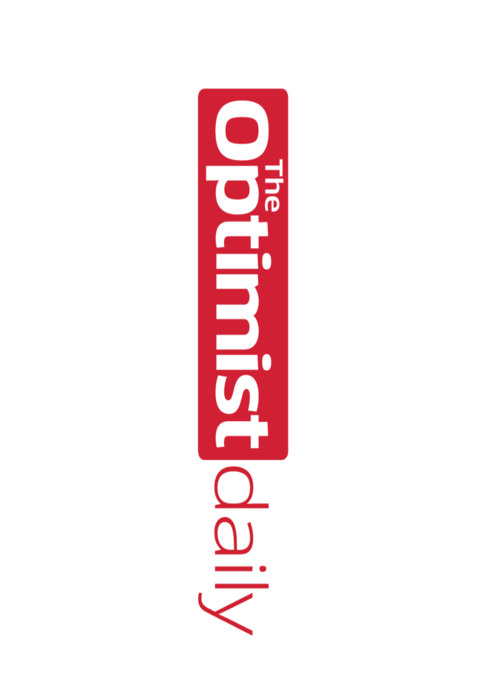Books that Inspire
From The Optimist Magazine
Summer 2014
A Philosophy of Walking | Frédéric Gros |Verso Books
The German philosopher Friedrich Nietzsche was a great, indefatigable walker, whose hikes were long and sometimes steep. Immanuel Kant’s daily walk, by contrast, was always very brief, a bit perfunctory. He couldn’t bear to perspire. So in summer he would walk very slowly, and stop in the shade when he began to overheat.
Nietzsche, Kant, Rousseau, Rimbaud, Robert Louis Stevenson, Jack Kerouac: They all walked. In fact, they all confessed that they would never have been so productive without walking. “Sit as little as possible; do not believe any idea that was not born in the open air and of free movement,” Nietzsche wrote in his autobiography Ecce Homo.
In A Philosophy of Walking, the French philosopher Frédéric Gros tries to understand why walking is such an important activity in the lives and in the work of great thinkers. Gros, an avid walker himself, is a professor of political philosophy at the University of Paris XII and the Paris Institute of Political Science. He’s known for his extensive studies of Michel Foucault’s work. Marcher, une Philosophie was a bestseller in France in 2011, and not without reason. Gros’ reflections on walking are a delight that make you long to be outside. Don’t we all know instinctively that moving freely, in no particular hurry, being “on the road” with your own thoughts, can only lead to good things?
“Walking is monotonous by itself,” Gros states. But “the secret of that monotony is that it constitutes a remedy for boredom.” According to Gros, the repetitiveness of walking eliminates boredom, thus freeing us up to think clearly and to move our ideas forward. From this perspective, Gros’ book can be seen as a statement against the sedentary lifestyle of the “couch potatoes” of our time, who live in front of their screens.
A Philosophy of Walking is one of those books that you need to put away once in a while and come back to later, to let its wisdom about the human need for freedom, silence and solitude sink in slowly. And for whoever might think that Gros takes only long hikes in nature seriously, his book is just as much about the “urban stroller.” And Gros clearly doesn’t think of walking as a sport. He laughs about the efforts that have been made to create a new market in walking accessories like performance-enhancing shoes and socks, step counters and walking sticks that double as stools. “Walking is a better way to slow down than any other method that has ever been found,” he concludes. “You only need two legs, the rest is optional.” | Elleke Bal
_________________________
Hemp Bound | Doug Fine | Chelsea Green Publishing
Journalist and goatherd Doug Fine makes a case for reintroducing hemp to the American economy. And he has a good point: The plant has enormous potential as an energy source, not to mention its strong fibers and nutritious seed oil. Fine’s book describes his encounters with the men and women who are testing, researching and pioneering hemp’s applications for the 21st century.
_________________________
A Natural History of Human Thinking | Michael Tomasello | Harvard University Press
What is it that makes humans so distinct from other animals? Drawing on his experimental studies with apes and children, evolutionary anthropologist Michael Toma-sello has come up with some intriguing answers. Once humans learned to cooperate, he believes, we managed to change our thinking and progress in ways that no other great ape has. His elegant book contains some challenging ideas and shows us how special our species is.












